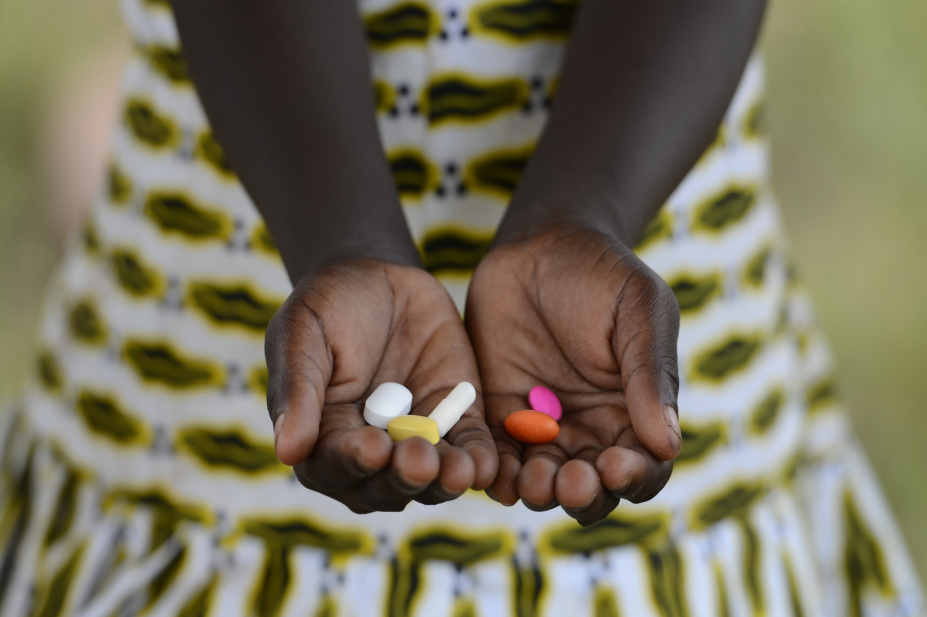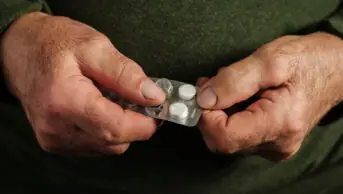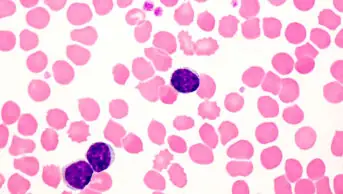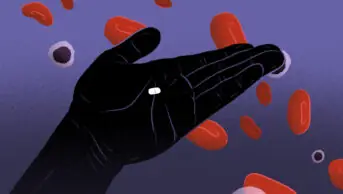
Shutterstock.com
Two major pharmaceutical companies are to cut the price of cancer drugs to sub-Saharan African countries following a deal brokered by the American Cancer Society (ACS) and the Clinton Health Access Initiative (CHAI).
The agreement with US pharmaceutical giant Pfizer and Indian pharmaceutical company Cipla will set ‘competitive prices’ for 16 cancer treatment medications, including chemotherapies, for health providers in Ethiopia, Nigeria, Kenya, Uganda, Rwanda and Tanzania.
The initiative is modelled on the campaign to improve access to HIV medicines in Africa, and it will be supported by IBM Health Corps, who will provide free chemotherapy forecasting software to help countries quantify their cancer medicine needs and plan budgets and procurement.
An estimated 44% of all cancer cases in sub-Saharan Africa each year occur in the six targeted countries, and this agreement is part of a wider effort by ACS and supported by CHAI to improve the market environment for cancer care in Africa.
Gary M Reedy, chief executive of the ACS, said: “Every person with cancer deserves access to treatment, no matter where they live. Collaborating with companies like Pfizer and Cipla is a critical next step toward levelling the playing field for people with cancer and saving lives in this part of the world.”
In 2012, there were an estimated 626,000 new cases of cancer and 447,000 cancer deaths in sub-Saharan Africa, a figure which is set to double by 2030 because of ageing populations.
But the ACS says global funding for cancer prevention and treatment in lower-income countries is far lower than for other diseases including HIV, malaria and tuberculosis.
Trudi Hilton, a pharmacist consultant in resource-limited settings, welcomed the initiative, but warned that cost was not the only limiting factor in improving access to medicines.
“Access to medicines has a lot to do with health literacy — patients being aware of symptoms and how to report them in a timely manner so that they can access appropriate healthcare,” she said.
“Pharmacists are essential health educators as they may be the first port of call in community settings but only if they actively engage local populations and are not seen as purely profiting from ill-health through sales of medicines.”


